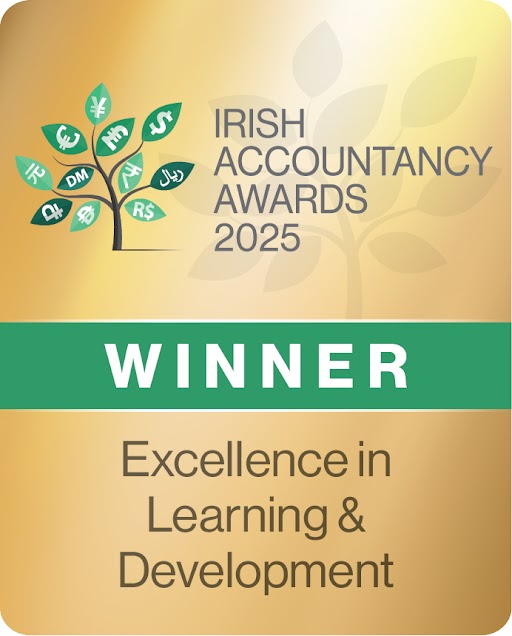Andrew Quinn – Director, PAT Fintech
The role or (dare one say) the image of the compliance professional is changing in an increasingly technologically enabled financial services sector. In the short-term, different and expanding roles are in demand, while in the longer-term, the strategic importance of the ‘embedded compliance’ function is rapidly evolving. It is critical now, more than ever, for education and training providers to work with the industry and to clearly identify the skills which are in demand. With its commitment to industry/practitioner driven courses and programmes, this is what PAT Fintech does.
Regulation is continuing to adapt to innovation in the provision of financial services and so it is imperative that education/training is agile and adaptive to the industry’s demands. Aside from developing the requisite technical competencies, the focus must also be upon providing the ecosystem with curious, dynamic individuals who can communicate effectively and manage appropriate stakeholder relationships.
In a digitised, data driven environment, compliance cannot be seen to be a static, black and white (legalistic), rules based function. In an environment where the effectiveness of AML/CFT frameworks, all things Data Protection/Privacy, and the evolution of 3 rd party integrations seem likely to dominate the horizon, the role of compliance is more critical than ever to the success of financial service providers.
In this context, and enabled by evolving (regulatory) technology solutions, compliance will become integral to managing regulatory/reputational risks, fostering scalable innovation, and improving the bottom line. As Fintech-like operating models evolve across the financial services industry, compliance will increasingly be embedded in organisation strategic decision making, and compliance professionals will be critical to assessing and managing the risks inherent in the business model throughout the product/customer lifecycle.
To conclude, the confluence of ongoing innovation, an evolving regulatory environment, new sectoral opportunities, and the strategic re-alignment of the compliance function in Fintech operating models, creates a diverse range of career opportunities in financial services risk and compliance.
At PAT Fintech our challenge is to equip both future graduates and current practitioners of varying experience with the necessary skills to transition into these evolving roles. Collectively, stakeholders in the Irish Financial Services ecosystem need to support an environment of learning and development to provide the talent that is not just central to the compliant provision of financial services, but also to realise the potential risk-adjusted scalability of the whole sector.
By Andrew Quinn – Director of Fintech






